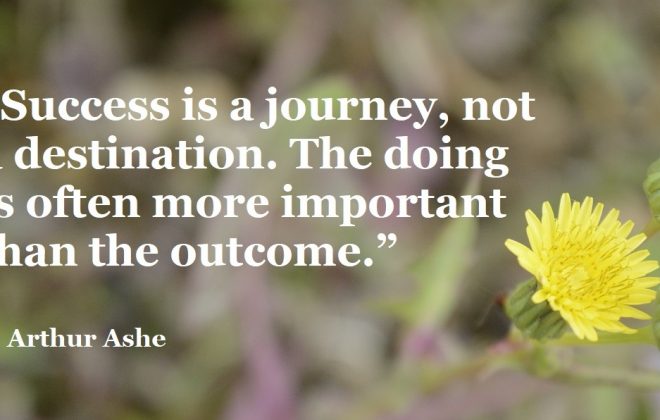Does education kill creativity?
It was the day before Thanksgiving break began in my English class. My teacher, seeing the impatient, tapping feet of her students, chuckles and asks if we want to watch a Ted Talk. We all nod and sigh in relief, especially after the countless tests our other teachers crammed into the last day before break. She proceeds to turn on the projector and play a video of a British man named Sir Ken Robinson speaking on education. This hilarious speech struck a chord in a lot of my classmates and me, as it touched on how the school system we all have been in since we could walk deprives us of a human fundamental: creativity.
In today’s education system, students are, from an early age, taught to explore their intellectual capacities to pursue anything that is deemed by society as one worth achieving success in. Lawyers, businessmen, surgeons: such high-paying, well-respected occupations are what many students seem almost programmed to aim for. Nevertheless, Robinson emphasizes in his approximately 20-minute speech that there are multiple kinds of intelligence, meaning that not everyone will be able to reach their maximum potential in a field they may not be meant to pursue. For an example, he talks about Gillian Lynne, a renowned choreographer who, as a young child, was falsely labeled with a learning disorder because she couldn’t sit still. But, the reason wasn’t because of any disorder, but rather due to her intelligence being based on dancing.
The subject this video covered is one countless students in my generation struggle with. We must juggle the advice the previous generation is giving us, based on how success was defined in their age, as well as the uncertainty of the future. Who knows what new occupations, inventions, technology will be invented by the time we step into society as working adults?
Yet, creativity is one of the most important characteristics a person can have because this is the one thing humans can exclusively utilize. With the increasing advancements of artificial intelligence, many occupations that only involve computations, repetitive labor may be gone soon enough. But, creativity is something people can take advantage of that such technology can never muster. It is what gave us the wheel, the car, the lamp; it is what makes us human.
Categories
- Beauty (3)
- Eat (11)
- Essay (25)
- her-yous, his-yous (2)
- Movie & Art (1)
- Music (1)
- Shiro the white fox ~ Diary of grumpy old dog (12)
- Uncategorized (4)
- What's New (5)





